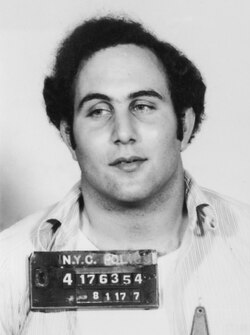
Introduction
David Berkowitz, also known as the “Son of Sam,” remains one of the most infamous figures in American criminal history. His acts of violence in New York City during the summer of 1976 left an indelible mark on the city and its residents. The significance of Berkowitz’s actions goes beyond the grisly murders he committed, as they also reflect societal fears, media sensationalism, and the complexities of mental health and criminal behavior.
The Crimes
Over the span of a year, Berkowitz was responsible for a string of shootings that claimed the lives of six individuals and injured several others. His modus operandi involved targeting young couples parked in cars, establishing a pattern that instilled terror across New York City. Letters he sent to the media and police, taunting them and signing off as the “Son of Sam,” captivated the public’s attention and heightened anxiety in the urban landscape.
The case gained unprecedented media coverage, reflecting the sensational approach to crime reporting in the 1970s. The public was both fascinated and horrified, leading to a frenzy of speculation regarding his identity and motives. In August 1977, Berkowitz was apprehended, resulting in a wave of relief for the frightened citizens of New York.
The Aftermath
Following his arrest, Berkowitz’s trials and subsequent life imprisonment sparked discussions about the influence of mental health on criminality. Diagnosed with several mental disorders, Berkowitz claimed that he was commanded to kill by a demonic dog, which prompts further investigation into the intersections of mental illness and violent crime. His story has been the subject of numerous documentaries, articles, and movies, all analyzing the psychology behind his actions.
Berkowitz’s case also impacted law enforcement protocol and crime investigation techniques in New York, leading to changes in how the police approached serial crimes. In 1976, the connection between multiple shootings was not as clear-cut as it is today, and the investigation sparked innovation in forensic science and criminal profiling.
Conclusion
David Berkowitz’s legacy as the Son of Sam remains a poignant part of American criminal history. His heinous actions not only affected the lives of his victims and their families but also transformed societal perceptions about safety in urban settings. The repercussions of his crimes continue to resonate in discussions about crime prevention, mental health, and the role of media in shaping public narratives. As society grapples with the complexities of violence and mental health, Berkowitz’s story serves as a tragic reminder of the fragility of safety in communities.



